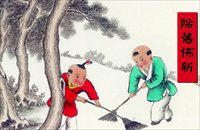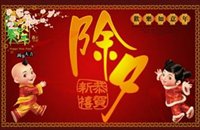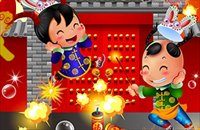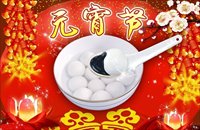May the Horse be with you
| Editor's Note |
Now it's time for the spirited horse to take the baton in the never-ending relay race for the role of sacred mascot of the year, as the Year of the Horse comes around on the traditional lunar calendar, blessing the nation with galloping strides along the path of reform.
As the seventh in the cycle of 12 Chinese zodiac signs, the horse holds a special place in Chinese culture. This fondness is apparent in many Chinese idioms involving horses that express virtues such as loyalty, diligence and intelligence, while poets and artists have immortalized the majestic beauty of horses since ancient times.
| Souvenirs |
| Idioms |
白驹过隙 bái jū guò xì
The glimpse of a galloping white horse as seen through a crack, famously described both man's fleeting existence and the quick passage of time
马不停蹄 mǎ bù tíng tí
A horse with its hooves not stopping, which now describes a tireless and constant effort
汗马功劳 hàn má gōng láo
Toil through sweat and horse, originally referring to a general who has slogged through and won numerous battles, is now used to recognize someone's distinctive contribution to an undertaking
| Diver Delights |
With the Chinese lunar new year approaching, workers in the big cities have begun packing up and embarking on the journey home to unite with their families. Meanwhile at home, their families are busy preparing for the upcoming Spring Festival on January 31.
Being the biggest day of the year for Chinese people, traditional customs such as making lunar new-year cakes - made of glutinous rice flour - are essential. Despite all their busy preparation and excitement, some may still feel the once-strong atmosphere of the jubilant Spring Festival is fading in the city.
This year, if you want to experience that once-hefty dose of festivity on the special day, visiting ethnic minority regions might be a fun choice. Read more
| Background |
| Old Customs |
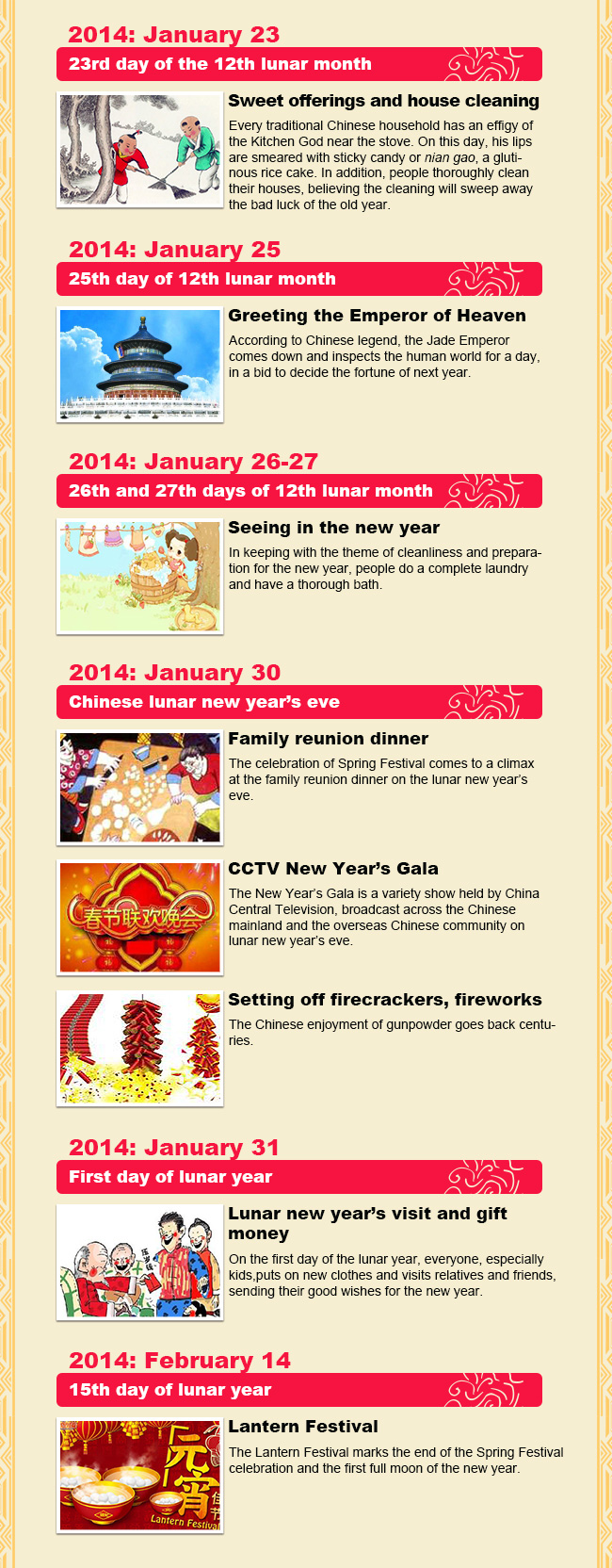
| Dishes |
During the Spring Festival, the Chinese pay a lot of attention on the food prepared. They prepare a lot of dishes for a meal. Some food has special meaning, and some even has a story.
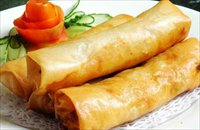 |
Spring Rolls is a unique pan-Asian dining experience that offers sophisticated style and high quality at value prices. They symbolize wealth, because their shape is similar to gold bars. |
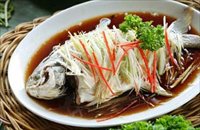 |
Fish is usually eaten or merely displayed on the eve of Chinese New Year. The pronunciation of fish makes it a homophone for "surpluses". |
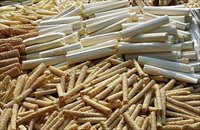 |
December 23rd on the lunar calendar is the "junior" New Year, the beginning of the Spring Festival celebrations. On this day, many people eat 'zao' candy. 'Zao' means kitchen fireplace, and zao candy is made of glutinous millet and sprouted wheat. It's thought to seal the kitchen god's mouth and encourage him to say only good things about the family when he reports back to the Jade Emperor in heaven. |
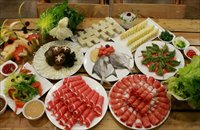 |
A steaming hot pot (or Chinese fondue) with meat, seafood and vegetables means prosperous and booming. |
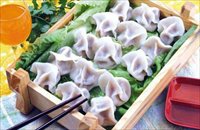 |
Jiaozi (Chinese dumpling) is a traditional Chinese food, which is essential during holidays in northern China. Chinese dumpling becomes one of the most widely loved foods in China. |
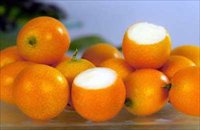 |
Tangerines and oranges are the "lucky" fruits and the best presents during the Spring Festival season as the words for tangerines and oranges sound like luck and wealth. |
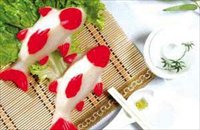 |
During Chinese New Year, there's a very popular and a must-have food to celebrate with. It is said to bring luck to everybody in terms of finance, career and family. This is a cake that has been traditionally passed down from many generations thousands of years ago, it is call 'Nian Gao' or some people call it Chinese New Year cake. |
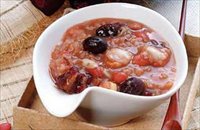 |
January 7th on the lunar calendar is the "Day for Human Beings", and people in southern china eat "Seven-treasure Porridge", which is made of seven different vegetables, in order to dispel evil and treat many different illnesses. |
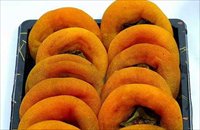 |
Dried persimmon cake is a popular treat for the Chinese New Year. |
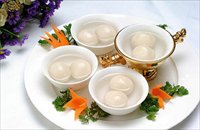 |
Tangyuan is special treats for southerners. Made of sticky rice flour filled with sweet or savory stuffing and round in shape, Tangyuan symbolizes family unity, completeness and happiness. |
| Source: Xinhua |
| Related Reports |
HK to issue special stamps for 'Year of the Horse'
Canada Post issues Year of the Horse stamps and collectibles
Folk artist paints 138 horses ahead of Spring Festival
Artists, kids create handwriting works at new year festivity in Taipei
Top 5 ancient towns to celebrate Spring Festival
Web editor: gelili@globaltimes.com.cn
